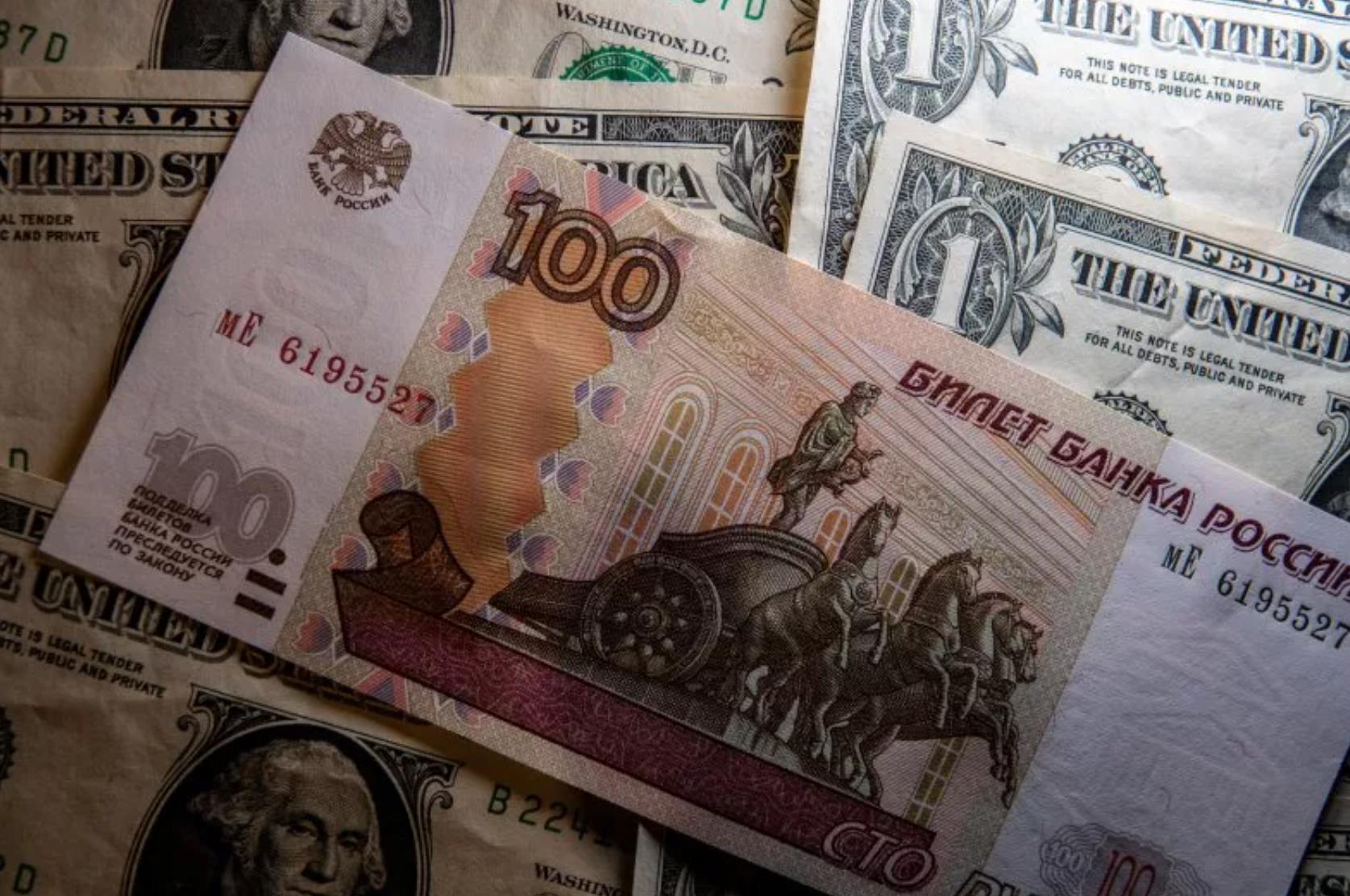
Against the backdrop of severe Western sanctions, Russia is facing severe challenges from a sharp drop in oil and gas revenues. The latest data shows that in the first quarter of 2025, the profits of Russian oil and gas companies fell sharply from 1.445 trillion rubles in the same period last year to 789.5 billion rubles, a drop of nearly half. The industry has always been the mainstay of the country's finances, and the current profit decline directly shakes the government's financial stability.
First, the emergence of this dilemma is related to the interweaving of multiple factors, including the decline in international oil prices, the strengthening of the ruble, and the escalation of Western sanctions caused by the Russian-Ukrainian war. Revenues from oil and gas exports are not only an important source of Russian finances, but also a financial support point for Putin's huge military spending plan. Now, these revenues have been hit hard, leaving the Kremlin in a dilemma between maintaining the war machine and the operation of the domestic economy.
Secondly, the Russian Ministry of Finance recently reported that the budget deficit in May was as high as 168 billion rubles, five times that of the same period in 2024, almost reaching half of the annual budget deficit target. So far, the total deficit in the first five months of this year has risen to 3.4 trillion rubles, accounting for 1.5% of GDP. If the current trend continues, the deficit may exceed the government's control line of 1.7% of GDP by the end of the year, and may even approach 3%.
At the same time, the Moscow Times cited official data as saying that the profitability of Russian refineries is also continuing to deteriorate. Oil revenues in May 2025 fell sharply by 35% year-on-year to 512.7 billion rubles. The price of Urals crude oil, which supports Russia's exports, fell from $66 per barrel at the beginning of the year to $52 at the end of May, severely compressing profit margins.
In addition, analysts pointed out that although Russia's fiscal spending has fluctuated periodically and some data may be misunderstood, the current trend of expanding deficits has been significant. Vasily Astrov, an expert at the Vienna Institute for Economic Affairs, said that Russia has concentrated military spending at the beginning of the year since 2023, resulting in an expansion of early spending. Although the deficit in 2024 is not "out of control" as the market predicts, the situation in 2025 may be more severe.
However, although Russia's dependence on energy revenue has eased, it still plays a key role. Astrov pointed out that the dependence has dropped from 40% before the war to about 30% in 2024, and is expected to fall further in 2025. But at the same time, the National Wealth Fund is shrinking rapidly. The Russian Academy of National Economy and Public Administration and the Gaidar Institute warned that if the current trend remains unchanged, the fund may be exhausted by 2026.
Furthermore, as of June 2025, the fund's liquid assets were only 2.8 trillion rubles, the lowest since 2019, far below the pre-war peak of $113.5 billion. Large deficits, infrastructure investment and emergency aid are the main reasons for its shrinkage, indicating that the Russian government has overdrawn the economic "safety cushion".
Finally, external pressure is still increasing. The European Union proposed the 18th round of sanctions against Russia this week, aiming to persuade it to accept Ukraine's ceasefire initiative. The proposed sanctions cover the banking system, the "shadow fleet" that transports crude oil, and may reduce the upper limit of the seaborne price of Russian crude oil from $60 per barrel to $45. If implemented, this measure will further squeeze Russia's budget revenue. However, whether this round of EU sanctions can be smoothly implemented remains uncertain. Member states that maintain close relations with Russia, including Slovakia and Hungary, may veto it, resulting in the plan being blocked.
In summary, with the interweaving of internal and external challenges, the Russian economy is entering a more uncertain phase. The sharp decline in oil and gas revenues, the rapid expansion of the deficit, the emergency of the national fund, and the deepening of international isolation are putting the Kremlin under unprecedented pressure.

報告顯示,中國電力投資加速增長,預計2024年電網基建投資將超過5300億元。
近日,市場迎來了一則引人注目的消息:工業巨頭3M公司(MMM.N)在本周五公布了其季度業績報告,隨後股價飆升至近兩年來的
最近,外媒給OpenAI算了筆賬,今年可能要血虧50億美元。
近日,巴黎奧運會和世界鐵人三項協會聯合發布了一項重大決定,宣布因塞納河水質污染問題,原定於近期進行的奧運會鐵人三項首次下
當地時間7月18日,法國巴黎發生了一起令人震驚的持刀襲警事件。
近期,一則重大消息在國際舞臺上引起軒然大波,馬來西亞宣布加入金磚國家。
調查發現,互聯網和智能手機的使用幹擾了韓國近五分之一學生的生活。